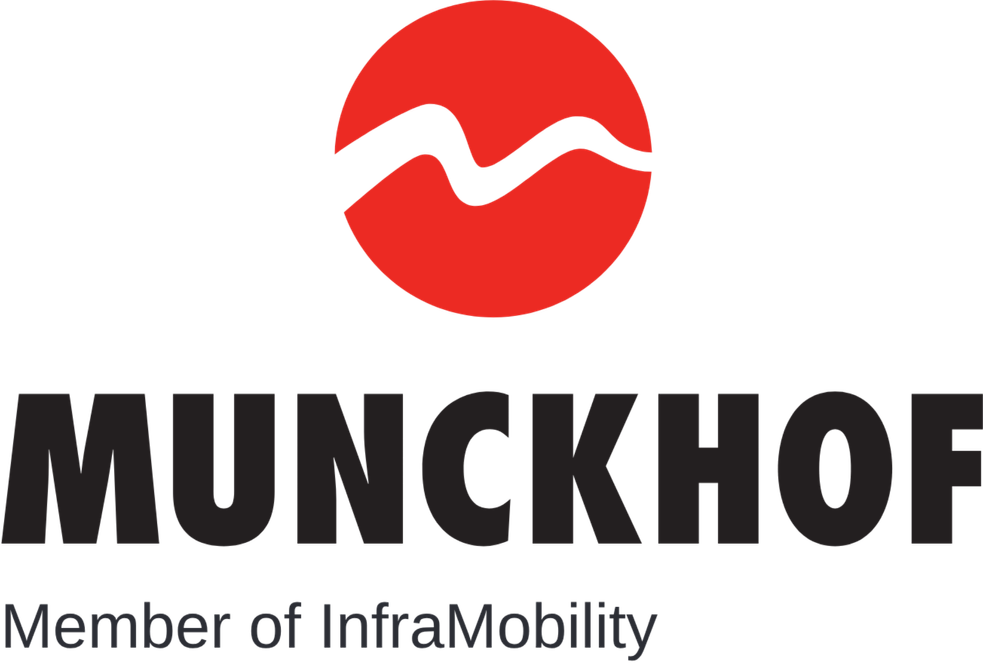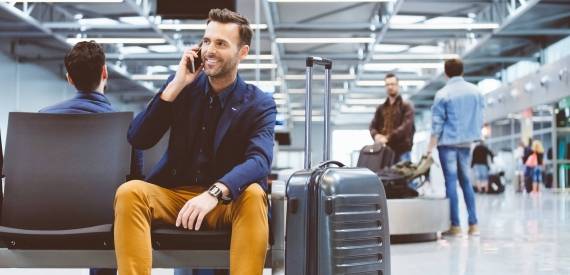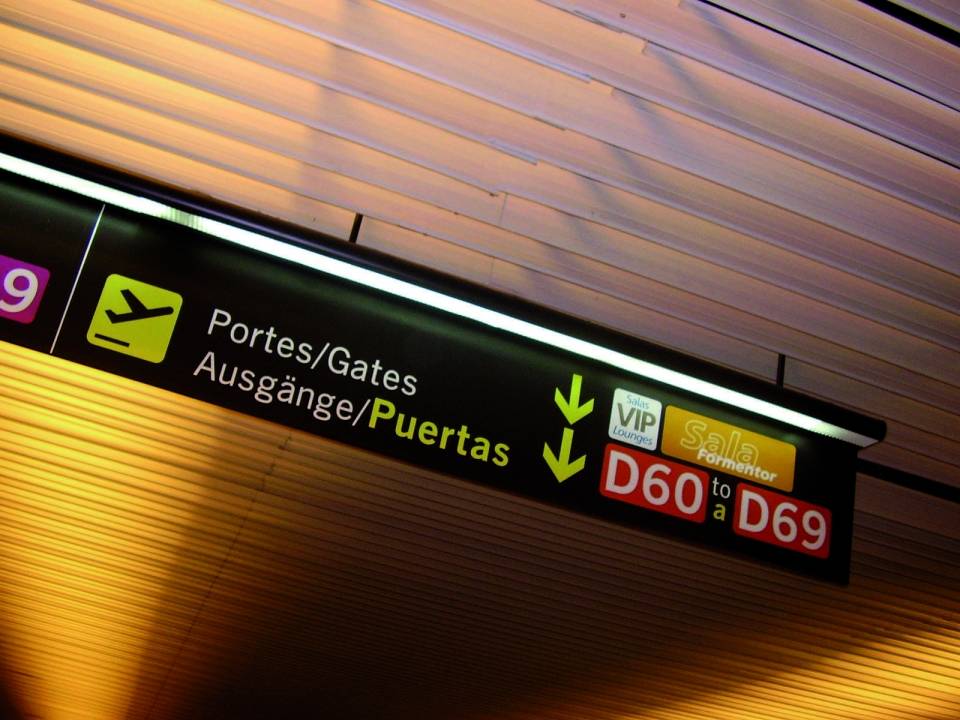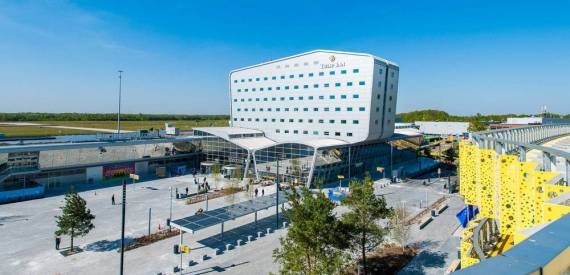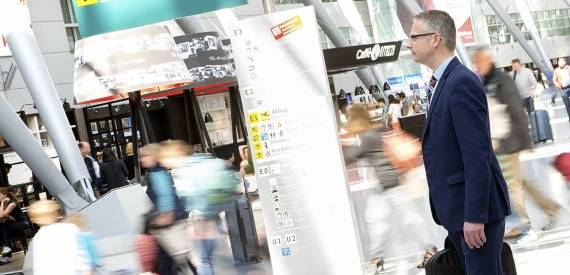Expert eye: premium economy
As a general rule of thumb, premium economy means more legroom, an improved F&B offering (that’s travel industry speak for food and beverage) and an enhanced check-in and boarding experience when compared with an economy ticket. It also usually entails the mysterious-sounding ‘longer seat pitch’ – simply put, the space between a point on one seat and the same point on the seat in front of it, which often means more legroom (though that’s also affected by the thickness of the back of the seat).
What’s the damage?
Like any type of air ticket, pricing varies by airline, route, time of year and how far in advance you purchase – so premium economy is a moveable feast sitting between economy and business class. Where there’s competition between different airlines on a route you will see a clustering of fares around the level the marketplace will accept, so we don’t really see big differences between airlines’ prices.
Do some airlines offer better premium economy experiences than others?
While all airlines have different products – some have dedicated cabins, others don’t; some have different seat pitches, and all have their own check-in, boarding and F&B options – the gap between them is relatively small. When a traveller’s company has a premium economy policy, the difference between airlines is, in our experience, unlikely to impact choice. We aim to find the lowest logical price and best value to match customer policy, while taking into account any route deals, as well as a traveller’s individual preferences.
How popular is premium economy?
We’ve seen premium economy remain popular among our customers even as the UK economy has improved. Many are still writing the use of premium economy into travel policies for flights of between four and seven hours – but this depends on each customer’s objectives and business culture.
On which routes from the UK does it work best?
Daytime transatlantic flights are a great opportunity to introduce business travellers to premium economy, as they usually want to work rather than sleep. On a long flight, travelling premium economy on the outbound leg can make a business-class return a more justifiable expense. Many of our customers use this split booking approach as a way to control costs while meeting their travellers’ needs.
